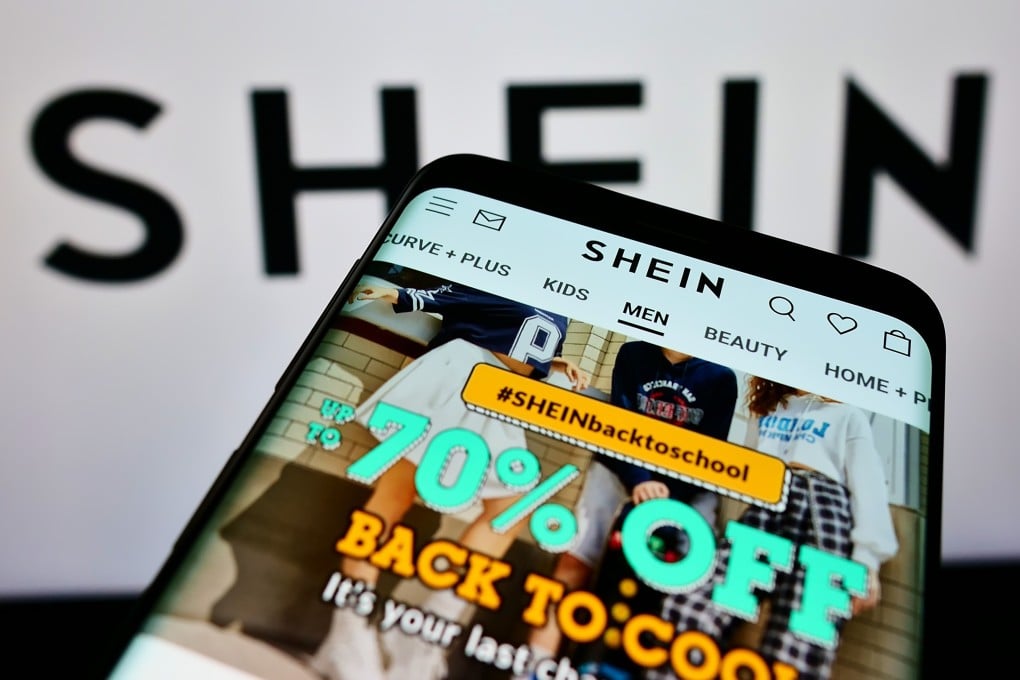Advertisement
Chinese fast-fashion retailing giant Shein launches second-hand trading service in US amid sustainability scrutiny
- Shein’s second-hand goods trading feature on its app forms part of the company’s larger commitment to address textile waste in its industry
- The service is expected to help ‘keep previously owned clothing in circulation for as long as possible’
Reading Time:3 minutes
Why you can trust SCMP

Chinese online fast-fashion retailer Shein, whose rapid international growth helped it become one of the world’s most valuable start-ups, has made second-hand trading of its clothes a new feature on its app amid criticism about sustainability in its operations.
The new service called Shein Exchange lets users “buy and sell previously owned Shein products”, and is only available in the United States, the company said in a statement on Tuesday. It said the move forms part of the company’s “larger commitment to address the ongoing issues of textile waste”.
Founded in 2008 in the eastern city of Nanjing by former wedding dress exporter Chris Xu, Shein this year became the world’s largest online fast-fashion retailer. In 2021, it unseated Spain’s Zara and Sweden’s H & M Hennes & Mauritz as the top-selling fast-fashion retailer in the US.
Advertisement
Shein’s latest funding round in April valued the company at about US$100 billion, which made it the world’s third most valuable start-up, behind TikTok owner ByteDance and Elon Musk’s Space Exploration Technologies Corp, according to business analytics provider CB Insights.

With a business model that churns out thousands of low-cost items every day that many buyers typically dispose of soon after purchase, Shein’s launch of a second-hand trading service in the US reflects the company’s commitment to minimise waste in its operations and become more sustainable.
Advertisement
Advertisement
Select Voice
Choose your listening speed
Get through articles 2x faster
1.25x
250 WPM
Slow
Average
Fast
1.25x